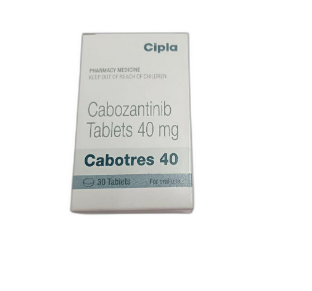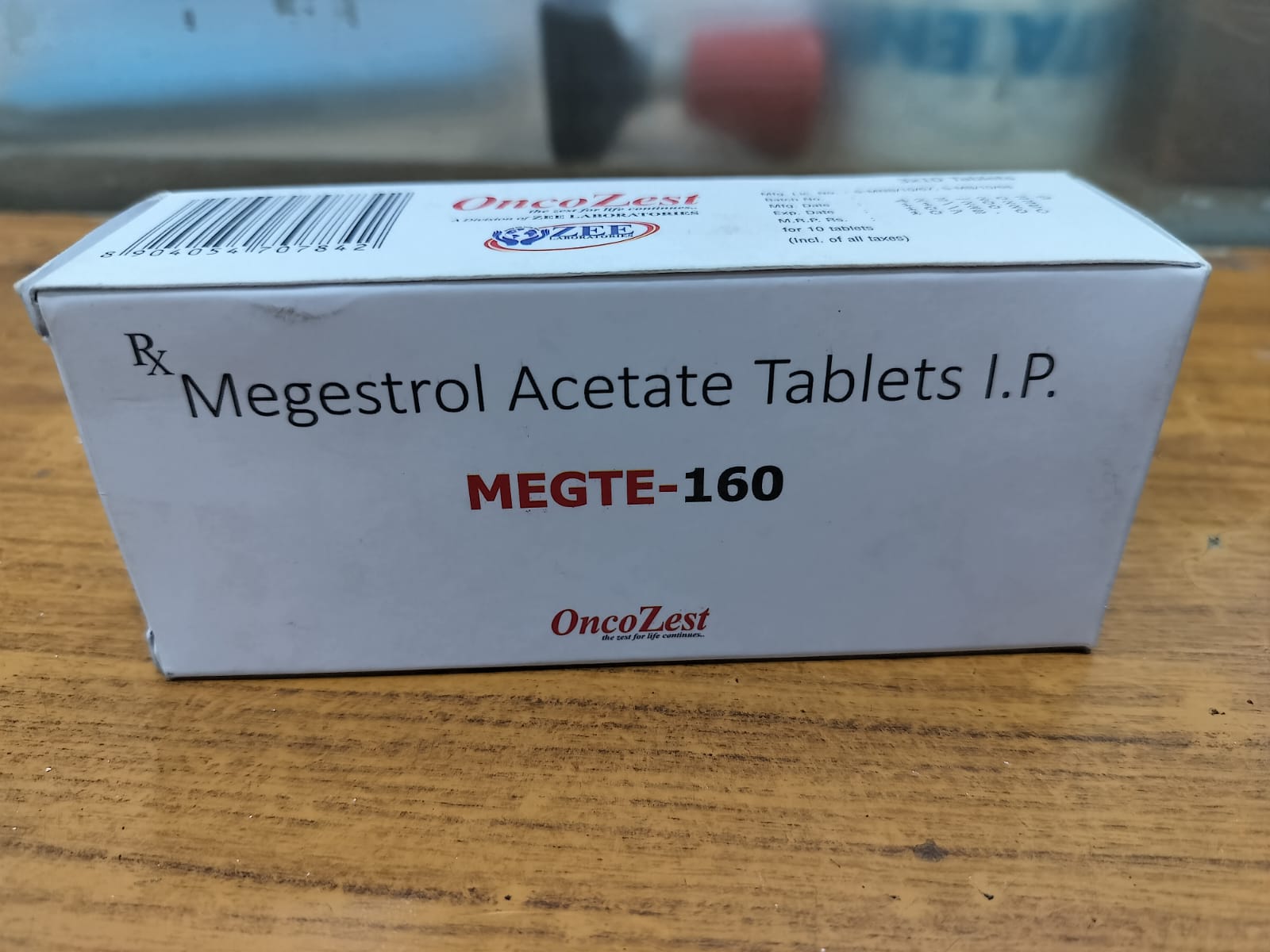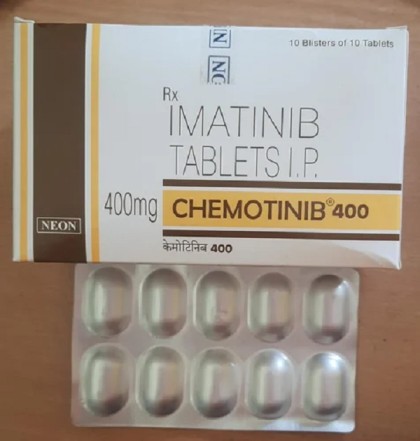Product Introduction:
Cabotres is an oral anti-cancer therapy formulated with Cabozantinib, a multikinase inhibitor. It is indicated for patients with advanced or metastatic cancer and offers an effective treatment option where first-line therapies may have failed. The drug is approved for use under strict oncological supervision.
Uses:
Cabotres is used to treat:
-
Advanced renal cell carcinoma (RCC)
-
Medullary thyroid cancer (MTC)
-
Hepatocellular carcinoma (HCC) (especially after sorafenib)
-
Differentiated thyroid cancer (DTC) (off-label)
-
Soft tissue sarcomas (in clinical trials/off-label use)
-
Other solid tumors where angiogenesis is a key driver (investigational)
Storage Instructions:
-
Store at room temperature (15°C to 30°C)
-
Keep in the original container, tightly closed
-
Protect from moisture and light
-
Keep out of reach of children and pets
How It Works (Mechanism of Action):
Cabozantinib is a tyrosine kinase inhibitor (TKI) that blocks several proteins (e.g., VEGFR, MET, RET) involved in cancer cell proliferation, metastasis, and angiogenesis. By inhibiting these kinases, it starves tumors of blood supply and inhibits growth signals, leading to cell death.
Side Effects:
Common side effects include:
-
Fatigue
-
Diarrhea
-
Decreased appetite
-
Weight loss
-
Nausea and vomiting
-
Hand-foot syndrome (palmar-plantar erythrodysesthesia)
-
Hypertension
Serious side effects may include:
-
Gastrointestinal perforation
-
Hemorrhage (bleeding)
-
QT prolongation (heart rhythm issue)
-
Liver enzyme elevation
-
Fistula formation
-
Impaired wound healing
Dosage (Typical Recommended Dose):
-
Renal Cell Carcinoma & Hepatocellular Carcinoma:
60mg once daily (may require dose adjustments for tolerability)
-
Medullary Thyroid Cancer:
140mg once daily (higher dose, with more intensive monitoring)
Note: Cabotres may be formulated in 20mg and 40mg tablets; final dose strength will depend on specific indication and oncologist’s guidance.
Method of Administration:
-
Take orally, once daily
-
Do not take with food – administer at least 1 hour before or 2 hours after eating
-
Swallow tablets whole with water; do not crush or chew
-
Administer at the same time daily to maintain blood levels
Precautions:
-
Avoid in pregnancy – may harm fetus
-
Use effective contraception during and for at least 4 months after treatment
-
Monitor blood pressure regularly
-
Avoid recent surgery or dental procedures (delays wound healing)
-
Monitor liver function and electrolytes
-
Use caution in patients with cardiac conditions or bleeding disorders
Drug Interactions:
-
Avoid CYP3A4 inhibitors/inducers (e.g., ketoconazole, rifampin)
-
May interact with warfarin and other anticoagulants (increased bleeding risk)
-
Caution with QT-prolonging drugs
-
Avoid grapefruit juice
Allergies:
-
Contraindicated in patients with known allergy to Cabozantinib or any inactive ingredients
-
Watch for signs of hypersensitivity, such as rash, itching, or breathing difficulties
Overdose Information:
-
Overdose symptoms: Severe fatigue, hypertension, diarrhea, liver toxicity
-
No specific antidote; manage with supportive care
-
Seek emergency medical help immediately in case of suspected overdose
Missed Dose Instructions:
-
If a dose is missed, and it's less than 12 hours since scheduled time, take it
-
If more than 12 hours have passed, skip the dose
-
Do not double the next dose to make up for a missed one
Additional Notes:
-
Patients should be educated on recognizing side effects early
-
Regular blood tests, liver function, and BP monitoring are essential
-
Cabotres may increase risk of serious bleeding and clotting events
-
Avoid major surgeries during treatment unless necessary
-
Can be used as first-line or second-line therapy depending on the cancer type




